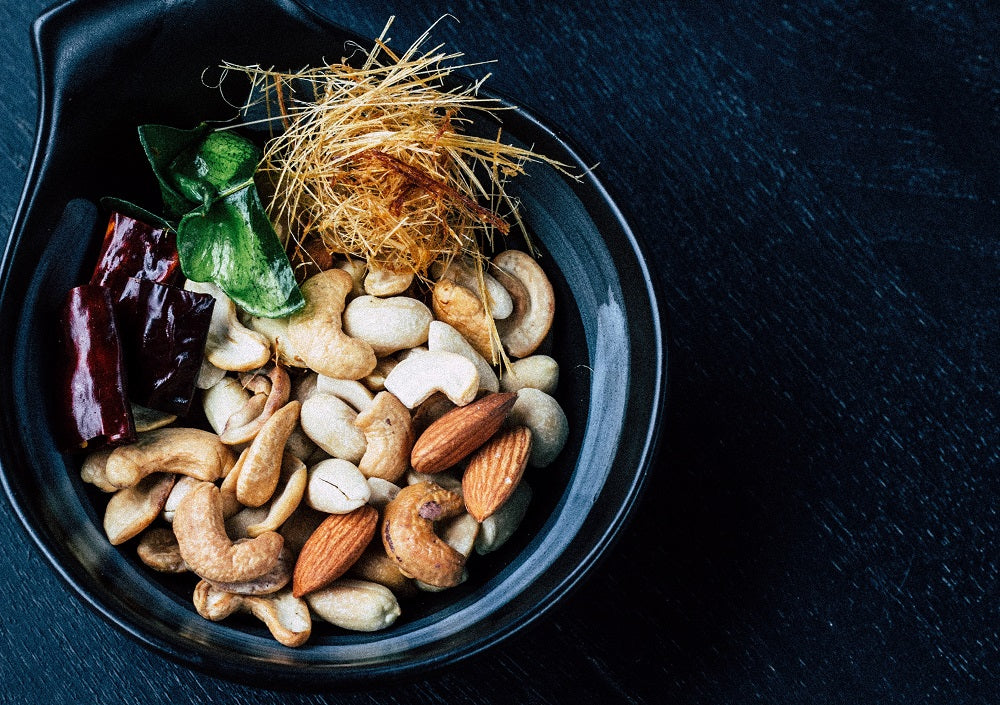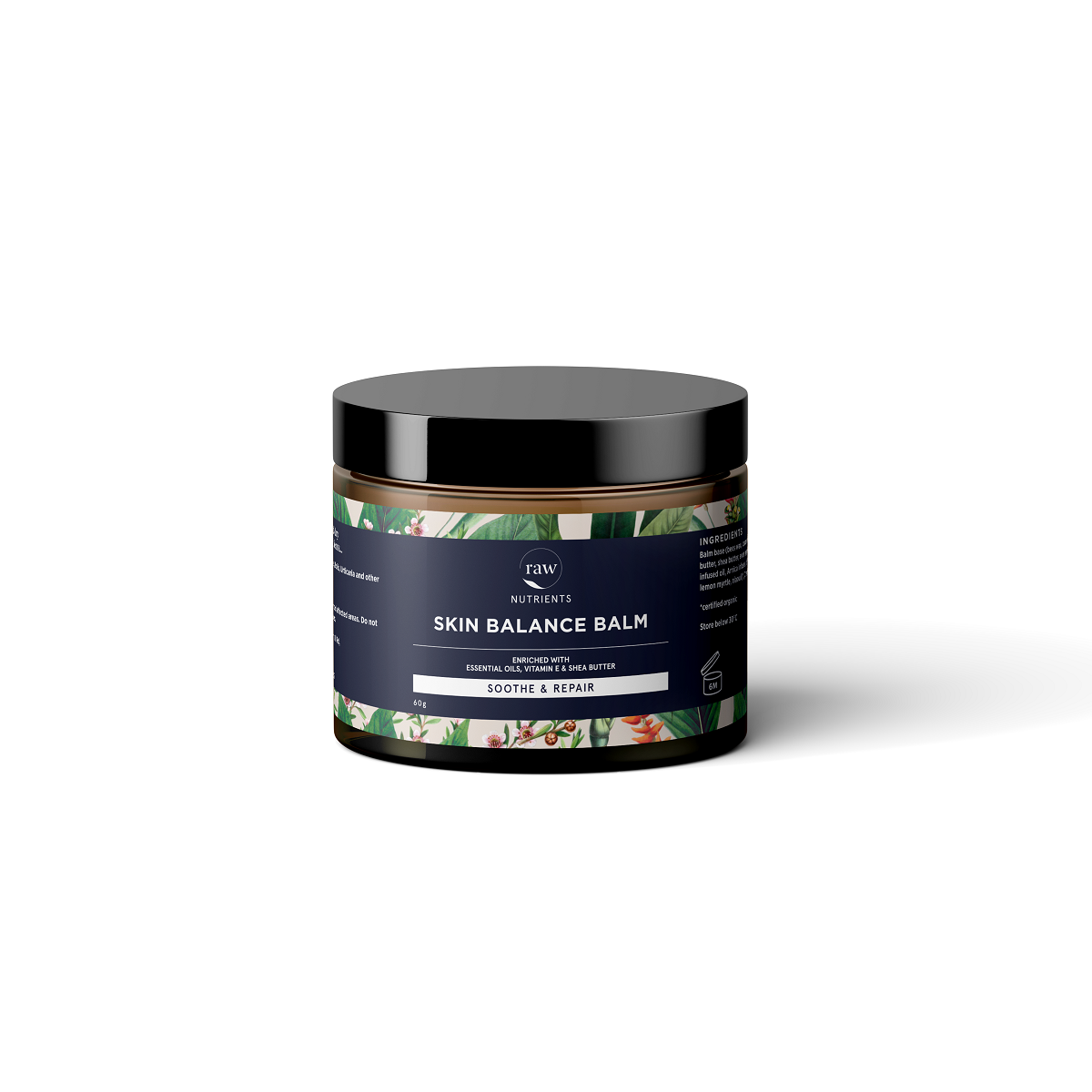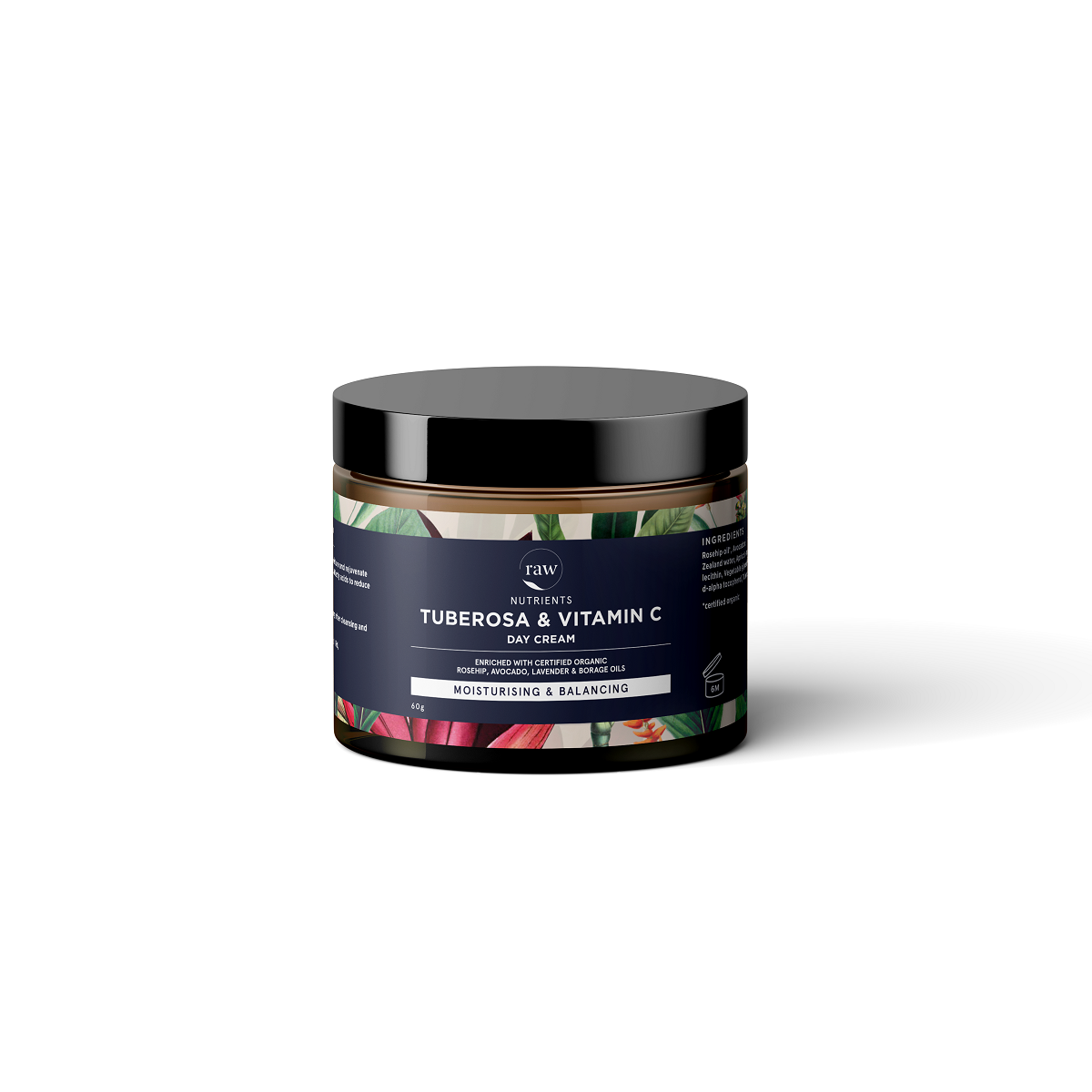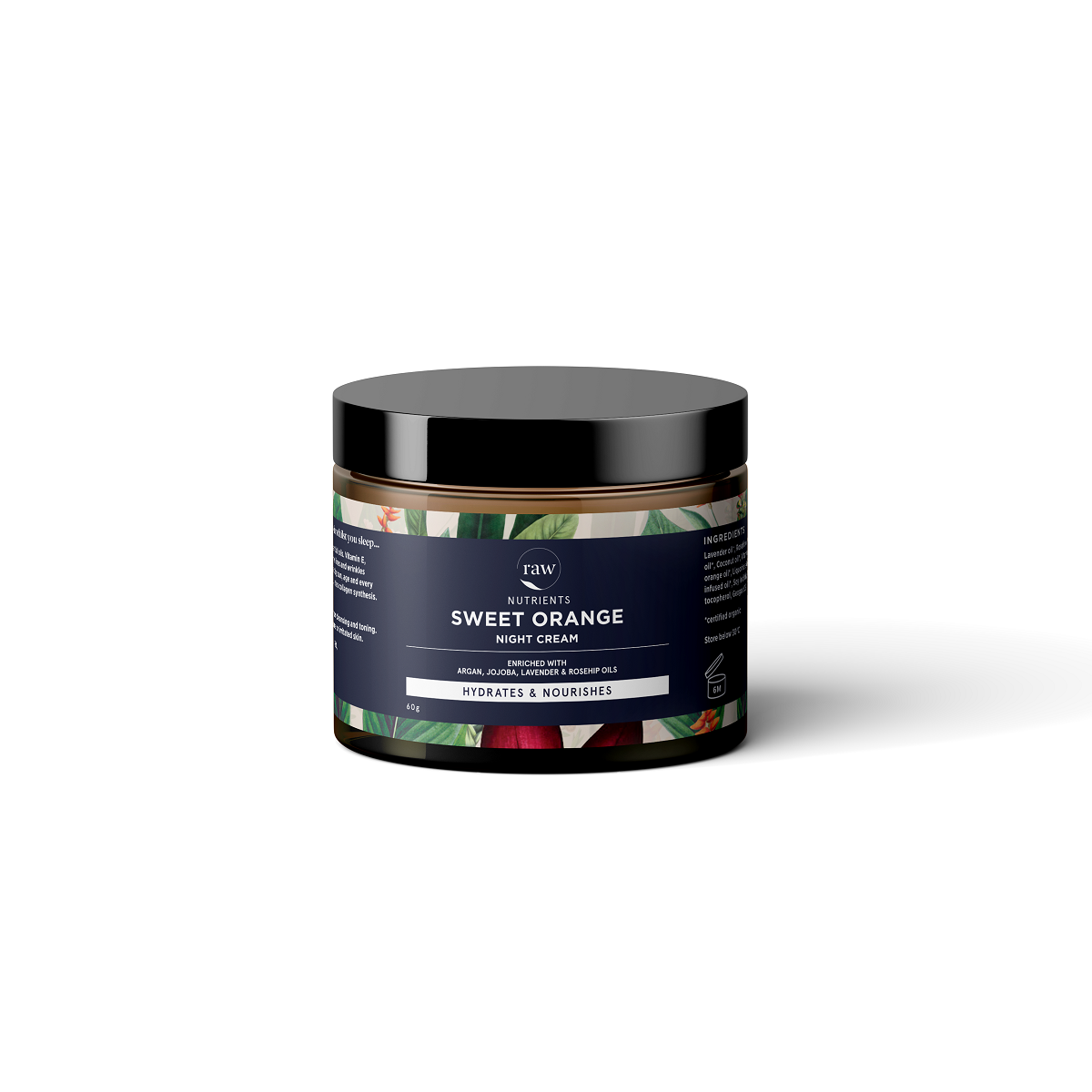-

Think about zinc!
Zinc plays many important roles in your body. This essential dietary mineral is involved in metabolism processes, hel...
-

Magnesium; Are We Consuming Enough?
There is widespread magnesium deficiency, and given the importance of magnesium in the body, it is but essential to r...
-

Probiotics; When & how do they work best?
Your gastrointestinal system comprises different microorganisms. The gut bacteria play a vital role in the health and...
-

Vitamin C; How does it benefit wellness?
Vitamin C has gained popularity as an antioxidant. However, research claims that it can act as both an antioxidant an...

Thyroid and Health: Healthy Tips You Must Learn
Your body needs normal levels of T3 and T4 hormones for some of its most important functions. From regulating metabolism to producing energy, controlling body temperature, sustaining cardiovascular health, and supporting digestive health, the butterfly-shaped thyroid gland does it all.[1] When your body cannot produce enough T3 and T4, these key functions are bound to suffer. It is the beginning of several health concerns.[2] So, it is aptly clear that thyroid and health are closely related. Let’s dig deeper into the topic of thyroid and health and learn what an ideal underactive thyroid diet is to prevent any further health concern.
Role of Thyroid
The thyroid gland sits at the base of the neck, producing thyroid hormone. Genetics, stress, environmental factors, dietary factors, inactive lifestyle, and autoimmune condition could be blamed for a dysfunctional thyroid gland. When your body’s silent workhorse suffers and cannot produce enough T3 and T4, it affects metabolism and many key bodily functions.[3]
A person with hypothyroidism might suffer from hair loss[4], weight gain[5], depression[6], excessive tiredness[7], and constipation[8]. Besides, hypothyroidism puts you at a high risk of cardiovascular disease[9], obesity, and diabetes[10].
Most people with hypothyroidism report high levels of LDL or bad cholesterol and triglycerides, which puts them at danger of heart disease.[11]
Thyroid has a role in controlling blood sugar levels in the body. When the thyroid gland does not function at its optimal best, blood glucose levels could shoot. If the condition goes unchecked, it could result in diabetes. According to a study done in 2015, people with abnormal thyroid function were at high risk (1.4 times) to progress from prediabetes to diabetes than those with a normal thyroid.[12]
The Power of a Plant Diet in Hypothyroidism
Nutrition is critical to the health of the thyroid gland. According to a 2013 study, a plant-based diet was associated with decreased inflammation, which might help protect against hypothyroidism.[13] Animal products might interfere with the metabolism and absorption of nutrients, thus affecting the functioning of the gland.
An underactive thyroid diet is based on a nutritious plant-based diet, which includes a variety of colorful fruits, nuts, vegetables, and whole grains. Since iodine is critical to the production of thyroid hormone, hypothyroidism develops when the body’s iodine levels drop. Deficiency of iodine might compromise the body’s metabolism and immunity. However, that does not mean you should indulge in highly iodized foods. Remember, too little or too much of iodine may trigger symptoms of an underactive thyroid.[14]
Another essential mineral for an underactive thyroid diet, selenium is important for thyroid health as it helps in the production of thyroid hormone. Selenium shares a U-shaped relationship with the endocrine gland. While deficiency can adversely affect your thyroid gland, excess of the micronutrient might trigger adverse outcomes.[15]
A deficiency might compromise the gland’s ability to produce thyroid. But an excess of selenium could trigger a range of health issues, including diarrhea and hair loss. The average recommended daily intake of selenium is 68-91 mcg.
It is best to maintain the physiological concentration of selenium through diet for underactive thyroid or supplementation.
Research reveals that 30 percent of the people with hypothyroidism have a Vitamin B12 deficiency. A 2008 study states that there is a high incidence of B12 deficiency in people with an underactive thyroid. The study recommends screening of B12 levels in all hypothyroid patients.[16]
Prolonged deficiency may permanently damage nerves because B12 is essential for proper nerve function. It is required by the body for the growth and development of healthy cells. Numbness, fatigue, muscular pain, and tingling in extremities are some of the symptoms of low vitamin B12.
Vitamin D deficiency affects more than 1 billion people all over the world. Low levels of the sunshine vitamin may be linked to several diseases, including Hashimoto’s disease, hypothyroidism, and cancer. Optimal vitamin D levels may protect you from an underactive thyroid and its progression.
Many studies show low serum levels of vitamin D in people with hypothyroidism. A study done in 2018 concludes that vitamin D supplementation helps improve serum TSH levels among hypothyroid patients. It also helps improve calcium concentration in the same group of patients, though there was no effect on T3 and T4 levels.[17]
Diet for Underactive Thyroid
The best diet for hypothyroidism is one rich in selenium, iodine, and Vitamin D.
- Include cruciferous vegetables in your diet for underactive thyroid and eat them cooked for a healthy diet for hypothyroidism. Avoid these vegetables in uncooked form.
- Choose heart-healthy oils to keep your cholesterol normal.
- Stay active to improve fitness, mood, and energy. Regular physical activity will help you maintain a healthy weight and avert the risk of obesity.
- Source your protein from lean sources, such as fish or beans.
- Egg is a thyroid superfood, with its 20% of selenium and 16% of iodine.[18] BUT I like to eat brazil nuts a day instead of eggs.
- Avoid increasing your intake of iodine, unless advised by a doctor. You do not want to indulge in processed foods and fast food, thinking they are rich in iodine. Unfortunately, these are pretty low in iodine. Indulgence in such foods poses a high risk of obesity and high blood pressure.
References
[1] Nussey S, Whitehead S. (2001). Endocrinology: An integrated approach. Oxford: Bios scientific publishers. Chapter 3. The thyroid gland. Retrieved from: https://www.ncbi.nlm.nih.gov/books/NBK28/
[2] Saxena, J., Singh, P. N., Srivastava, U., & Siddiqui, A. Q. (2000). A study of thyroid hormones (t(3), t(4) & tsh) in patients of depression. Indian journal of psychiatry, 42(3), 243–246.
[3] Stone, M., and Wallace, R. (2003). Medicare coverage of routine screening for thyroid dysfunction. Pathophysiology and diagnosis of thyroid disease. Institute of Medicine (US) Committee on Medicare Coverage of Routine Thyroid Screening. Washington (DC): National Academies Press (US). 2. Retrieved from: https://www.ncbi.nlm.nih.gov/books/NBK221541/
[4] Vincent, M., & Yogiraj, K. (2013). A descriptive study of alopecia patterns and their relation to thyroid dysfunction. International journal of trichology, 5(1), 57–60. doi:10.4103/0974-7753.114701
[5] Sanyal, D., & Raychaudhuri, M. (2016). Hypothyroidism and obesity: An intriguing link. Indian journal of endocrinology and metabolism, 20(4), 554–557. doi:10.4103/2230-8210.183454
[6] Bathla, M., Singh, M., & Relan, P. (2016). Prevalence of anxiety and depressive symptoms among patients with hypothyroidism. Indian journal of endocrinology and metabolism, 20(4), 468–474. doi:10.4103/2230-8210.183476
[7] Fischer, S., Markert, C., Strahler, J., Doerr, J. M., Skoluda, N., Kappert, M., & Nater, U. M. (2018). Thyroid Functioning and Fatigue in Women With Functional Somatic Syndromes - Role of Early Life Adversity. Frontiers in physiology, 9, 564. doi:10.3389/fphys.2018.00564
[8] He, F., Huang, X., Gan, H., & Dong, B. (2017). ASSOCIATION OF THYROID HORMONES WITH CHRONIC CONSTIPATION IN HOSPITALIZED ELDERLY PATIENTS. Innovation in Aging, 1(Suppl 1), 970–971. doi:10.1093/geroni/igx004.3502
[9] Udovcic, M., Pena, R. H., Patham, B., Tabatabai, L., & Kansara, A. (2017). Hypothyroidism and the Heart. Methodist DeBakey cardiovascular journal, 13(2), 55–59. doi:10.14797/mdcj-13-2-55
[10] Wang C. (2013). The Relationship between Type 2 Diabetes Mellitus and Related Thyroid Diseases. Journal of diabetes research, 2013, 390534. doi:10.1155/2013/390534
[11] Rizos, C. V., Elisaf, M. S., & Liberopoulos, E. N. (2011). Effects of thyroid dysfunction on lipid profile. The open cardiovascular medicine journal, 5, 76–84. doi:10.2174/1874192401105010076
[12] Chaker, L., et al. (2016 Sept 30). Thyroid function and risk of type 2 diabetes: a population-based prospective cohort study. BMC Med. 14(1):150.
[13] Tonstad, S., Nathan, E., Oda, K., & Fraser, G. (2013). Vegan diets and hypothyroidism. Nutrients, 5(11), 4642–4652. doi:10.3390/nu5114642
[14] Chung H. R. (2014). Iodine and thyroid function. Annals of pediatric endocrinology & metabolism, 19(1), 8–12. doi:10.6065/apem.2014.19.1.8
[15] Ventura, M., Melo, M., & Carrilho, F. (2017). Selenium and Thyroid Disease: From Pathophysiology to Treatment. International journal of endocrinology, 2017, 1297658. doi:10.1155/2017/1297658
[16] Jabbar, A., et al. (2008 May). Vitamin B12 deficiency common in primary hypothyroidism. J Pak Med Assoc. 58(5):258-61.
[17] Talaei, A., Ghorbani, F., & Asemi, Z. (2018). The Effects of Vitamin D Supplementation on Thyroid Function in Hypothyroid Patients: A Randomized, Double-blind, Placebo-controlled Trial. Indian journal of endocrinology and metabolism, 22(5), 584–588. doi:10.4103/ijem.IJEM_603_17
[18] Pehrsson, P. R., Patterson, K. Y., Spungen, J. H., Wirtz, M. S., Andrews, K. W., Dwyer, J. T., & Swanson, C. A. (2016). Iodine in food- and dietary supplement-composition databases. The American journal of clinical nutrition, 104 Suppl 3(Suppl 3), 868S–76S. doi:10.3945/ajcn.115.110064
You might be interested in...
Raw Resources
Read About the Science Behind the Supplements







